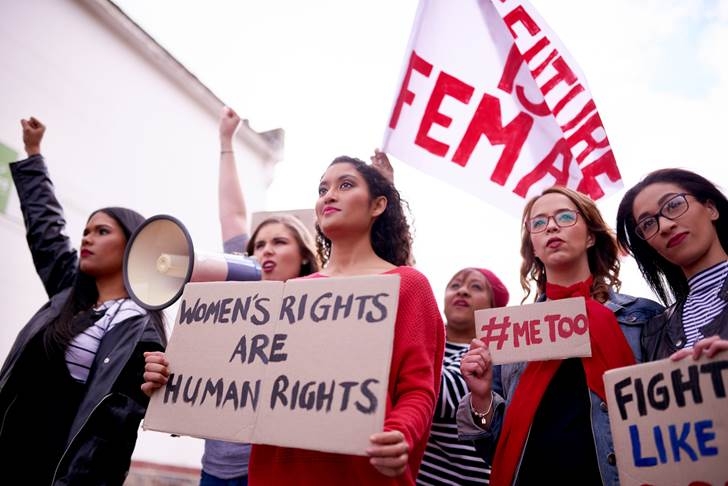Civil Society Groups on Open Government Partnership, OGP have highlighted the gap and inequalities in women’s access to information, which was made obvious by the Covid-19 pandemic.
The CSO groups in a briefing in commemoration of Right to Know Day disclosed that “in responding to the Covid-19 outbreak, we have seen many governments taking measures that limit access to information held by public bodies and other crucial areas of public interest.
“Yet ensuring the right to information is a necessary and essential response to the COVID-19 pandemic: the public has a right to know how the virus is spreading and which actions governments are taking to fight the spread of the disease.
“It is crucial for ensuring public awareness and trust, fighting misinformation, and ensuring accountability.”
The groups noted that it is essential for women to have access to reliable and accurate information because they have also been at the forefront of COVID-19 responses at the grassroots.
The groups explained that “while women have also been at the forefront of the Covid-19 responses at the community-level, carrying the burden of care work and other on-the-ground essential services during this crisis, we have also seen their suffering amid shocking levels of domestic abuse, and inadequate responses from governments.
“Reliable, accurate, and accessible information about the pandemic is essential to reducing the risk of transmission of the virus but also to protecting the population against dangerous disinformation.
“Such information is crucial in reducing the possibility of stigmatizing or discriminating vulnerable groups, including those infected with COVID-19. Disinformation can dangerously harm such groups even further because they do not have the necessary information to regulate their conducts accordingly.”
They, however, recommended that “it is vital that publication of COVID-19 relevant information reaches the entire population and that means that public authorities must ensure that the information is communicated in the most appropriate formats in order to reach all areas and all communities.
“Yet we have seen that for many governments, the Internet is the primary means of reaching the public, and prioritizing it over other forms of communications is likely to exclude many disadvantaged and remote communities.
“When limitations on the right to access to information are set as a response to the pandemic governments should respect obligations under international law on the right to access to information and gender equality.”

